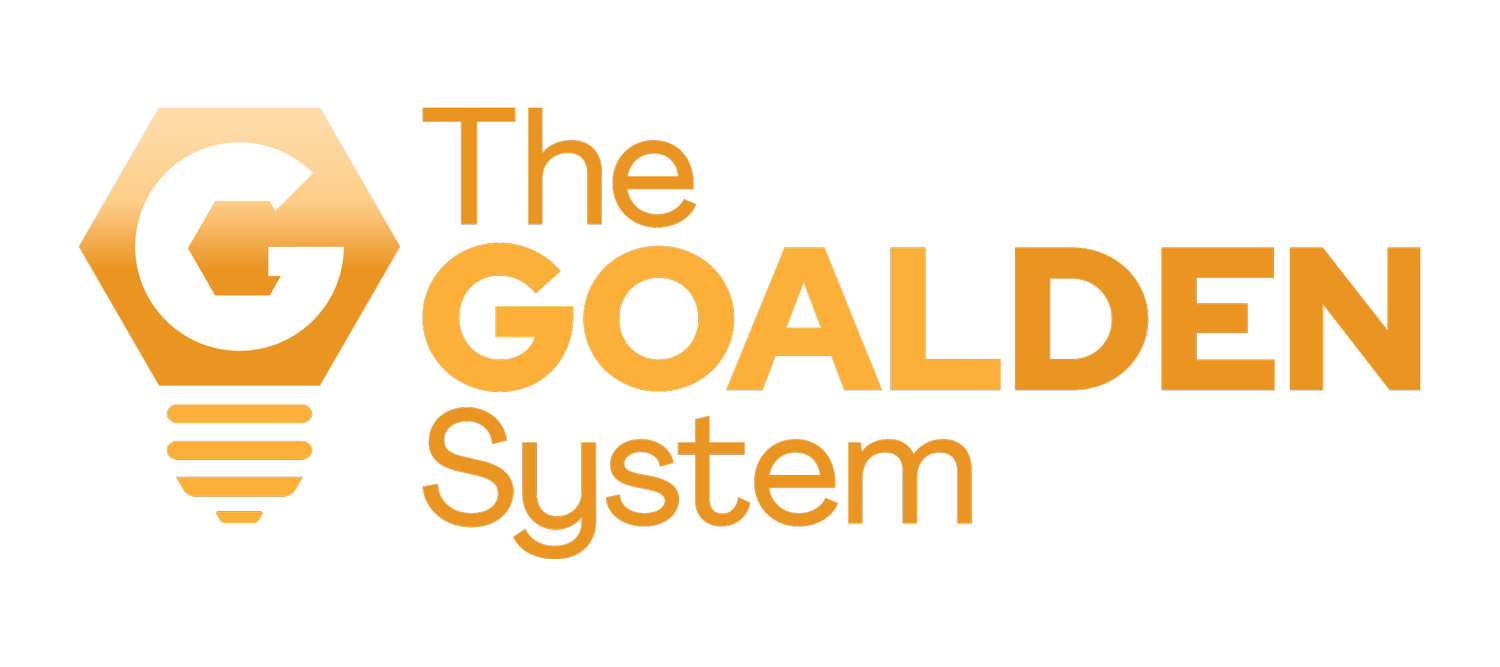Essential Executive Function Skills: Must-Haves for Your High Schooler
As the school year gets into full swing, we often hear from parents, “How can we better support our student on their academic journey?” For many students today, the struggle may not be related to content (to which you’d seek out a tutor), but rather it lies within their executive function skills.
Executive Function skills are like the hidden control panel of our brain. They involve a range of mental capabilities that oversee how we plan, prioritize, manage time, stay organized, and maintain focus, among other things. Do these skills sound like something that your high schooler would benefit from improving?
Students with strong executive function skills can plan better, juggle multiple deadlines, filter distractions, and stay organized. They're better at problem-solving and decision-making, adapt easier to changing circumstances, and are more self-reliant—all skills necessary in high school and beyond. Executive function skills need to be cultivated; students need to be given the opportunity to practice strategies and tools to support these specific behaviors. At this point in your child’s life, their executive function skills are still in the process of being developed. As the academic pressures and expectations increase, it’s important that students have the right systems in place to thrive in all areas of their lives. Let’s examine how executive function skill support can lead to a more successful and balanced high school career.
Planning
Planning involves foresight and stepping back to assess a situation before jumping right in. For a high schooler, this could mean creating a study plan, determining their upcoming course load, or ensuring that extracurriculars do not overlap.
Prioritizing
Tasks and responsibilities increase as we inch toward adulthood, so it’s vital to know how to prioritize appropriately. Students can direct their energies more efficiently by learning to distinguish between urgent and non-urgent tasks.
Time Management
Let’s face it; adolescence and procrastination can go hand-in-hand. However, effective time management can help fight this- breaking down tasks into manageable units and tackling them systematically can make all the difference.
Organization
A cluttered desk mirrors a cluttered mind. Keeping things neat and organized aids clarity, reduces stress, and improves productivity, preparing your high schooler for any academic challenges that come their way. This area also goes beyond physical space into the world of feeling mentally organized.
Focus
Have you ever heard your high schooler state, “It’s fine - I’m good at multitasking!” when you question if they are focused? It’s important to note that multitasking isn’t something our brain is meant to do, and what’s really happening is your brain is switching from one task to another, which inevitably slows us down. There’s no denying we live in a world of constant distraction. By finding a system that works best for the individual, they will be able to better focus on the task at hand.
At The Goalden System, we get it - everyone is unique! Each student is different and our approach is just as unique as you are. We follow a proven scientific approach, the GROW model, but we make sure it is catered to your needs. Learning and improving your executive function skills is a two-way street. Your input is precious and we value it. We believe that forming a fantastic partnership with you and your student is essential for achieving remarkable outcomes. Being educators and coaches, we've learnt that your journey towards growth is about more than just skills; it's about providing support, expertise and fostering an environment that is free from judgment and full of support.
If you’d like to chat further to see if The Goalden System is a good fit for your child, please click here and find a time to chat with us.

